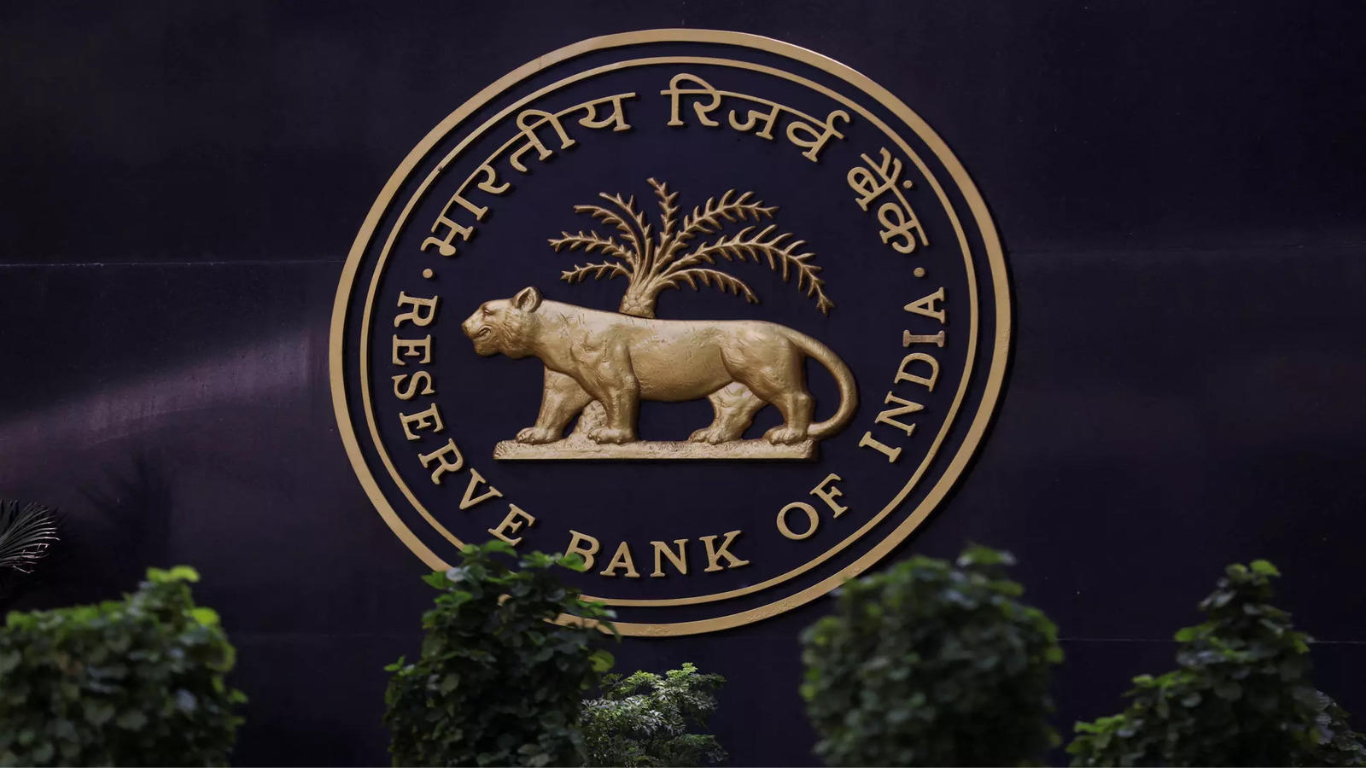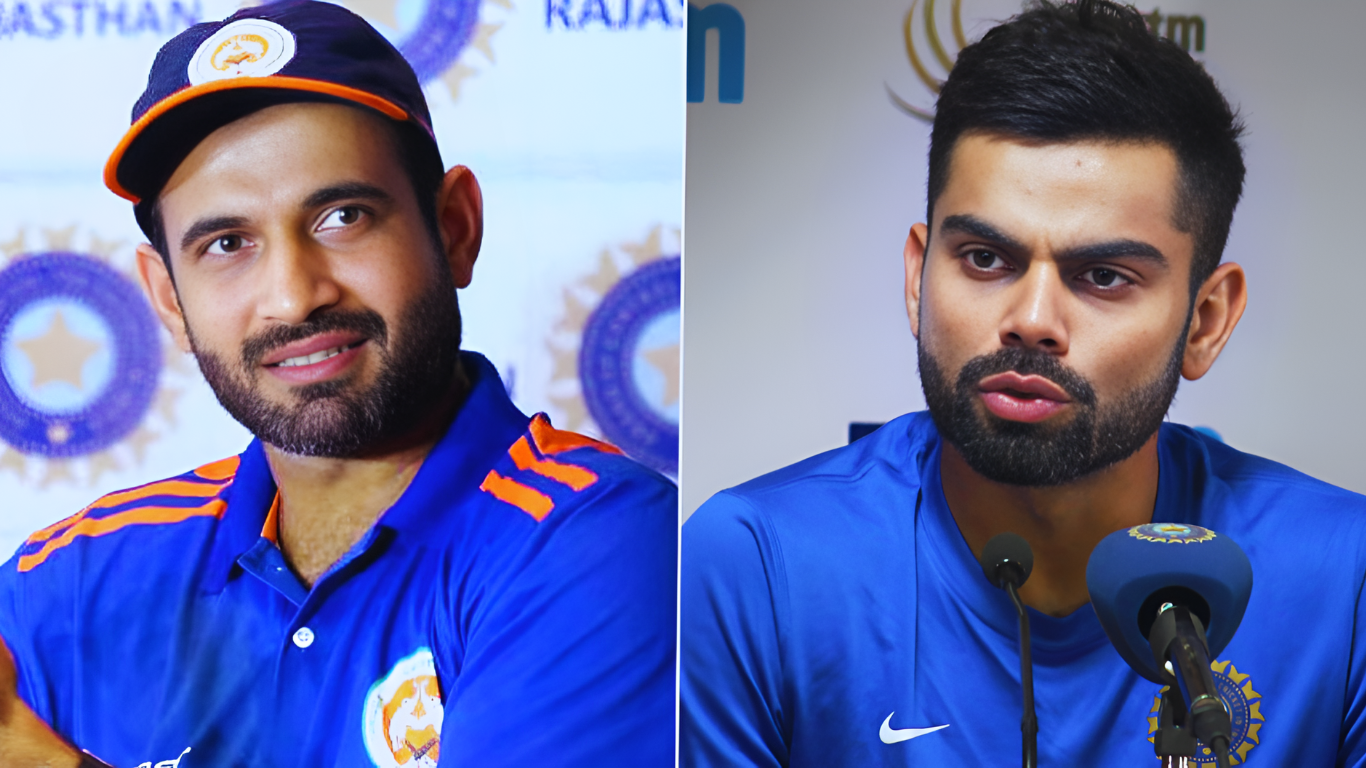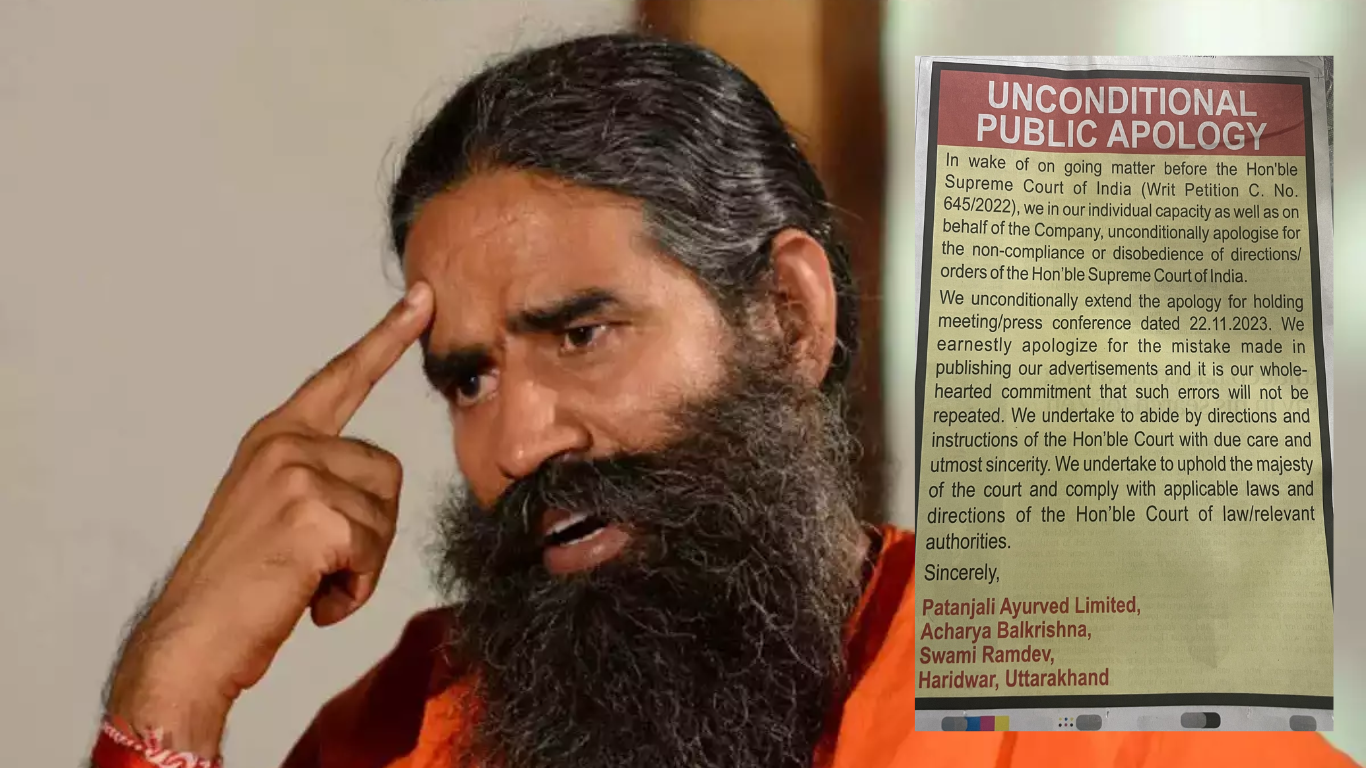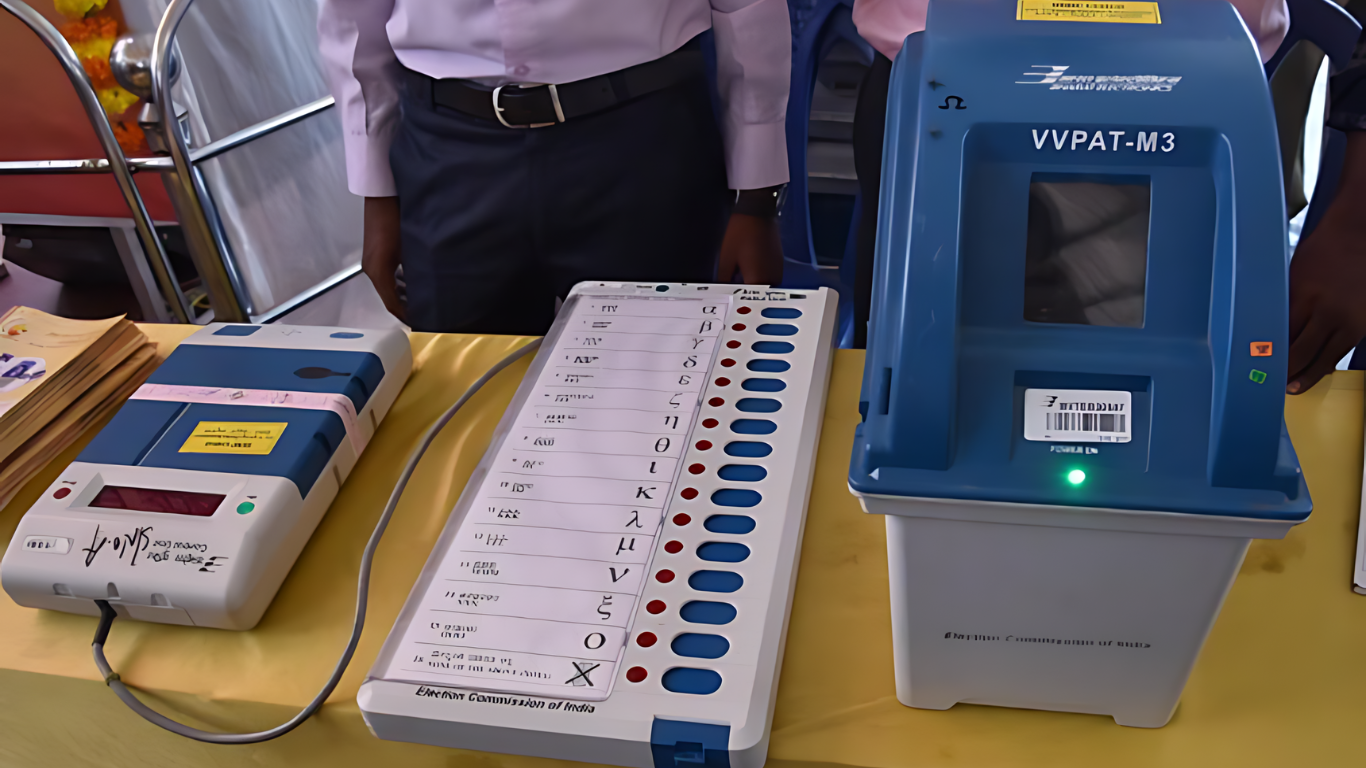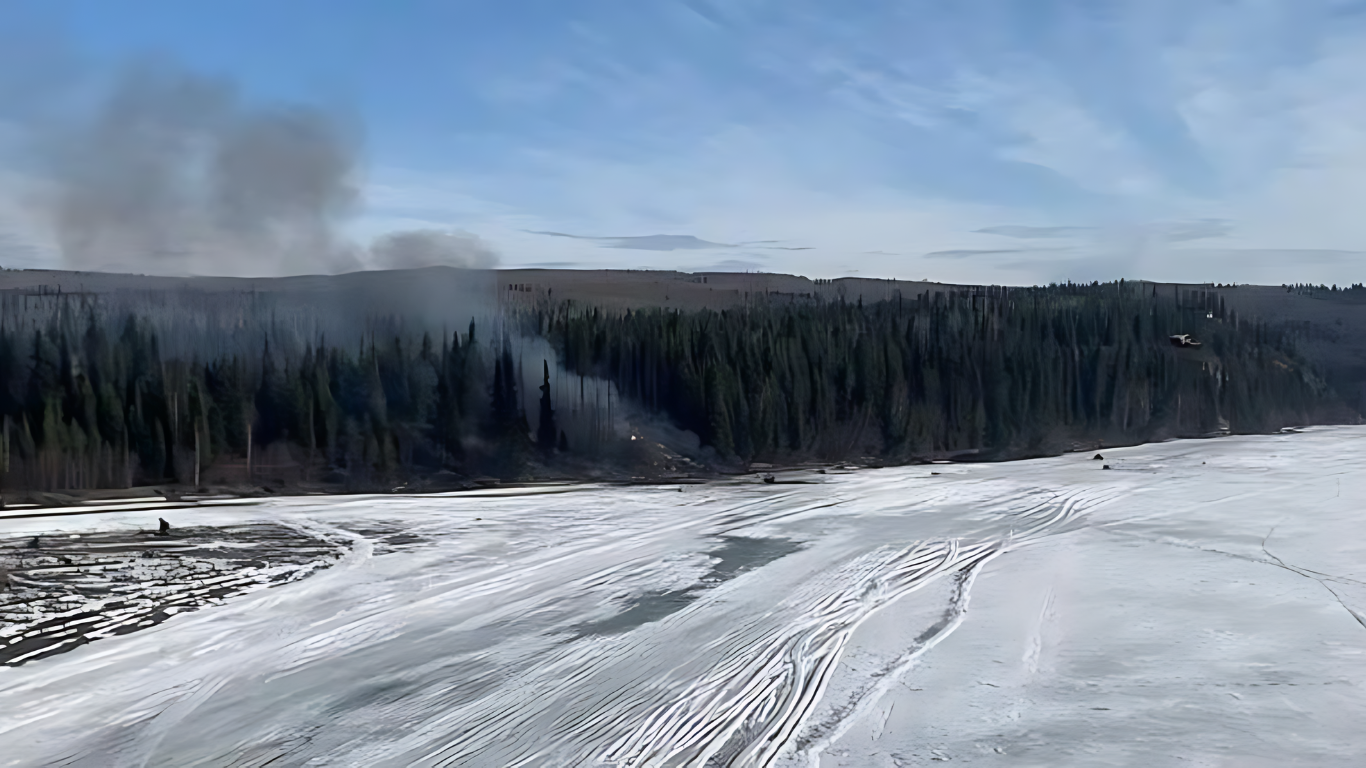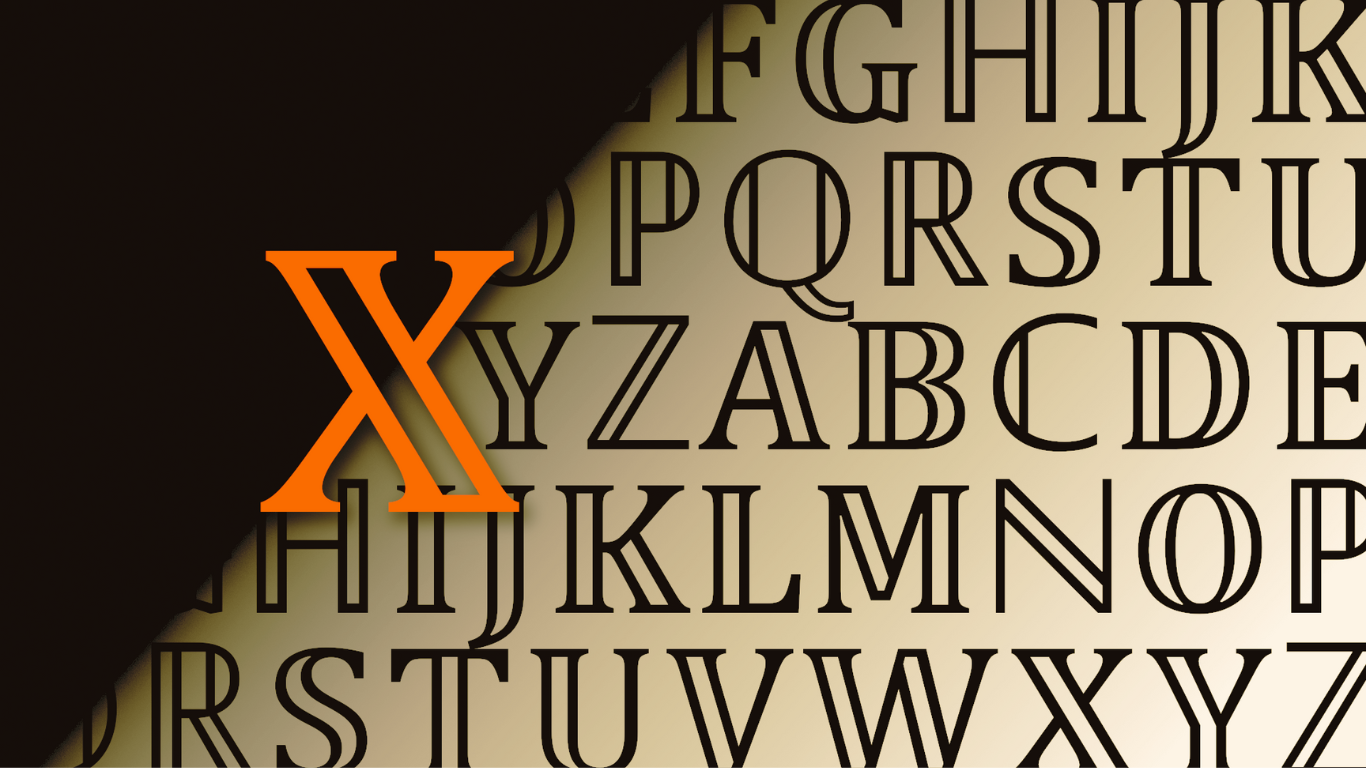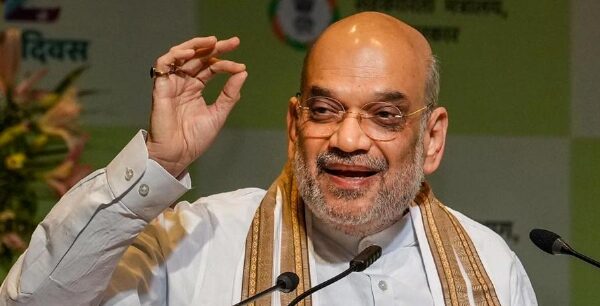



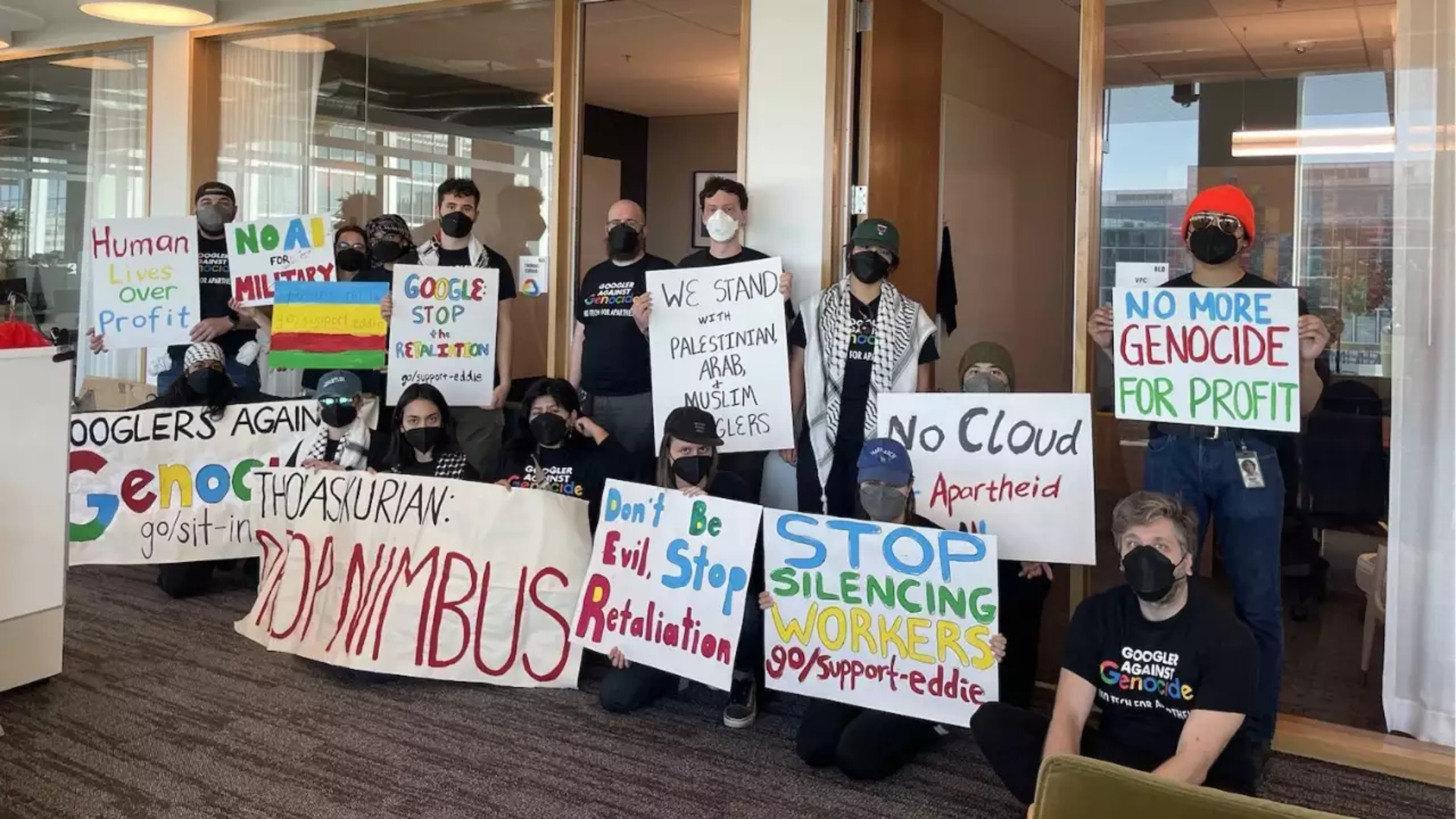

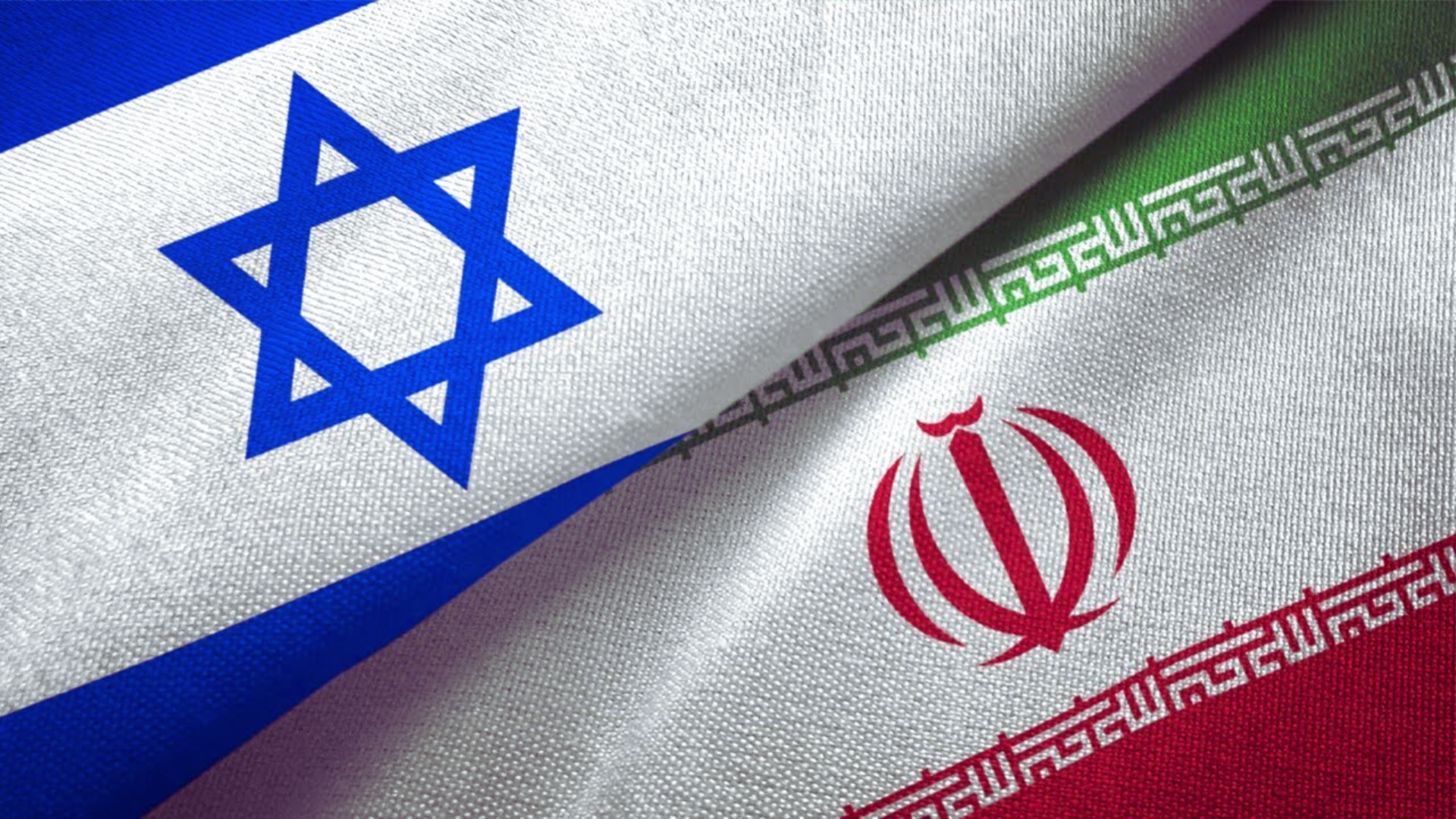
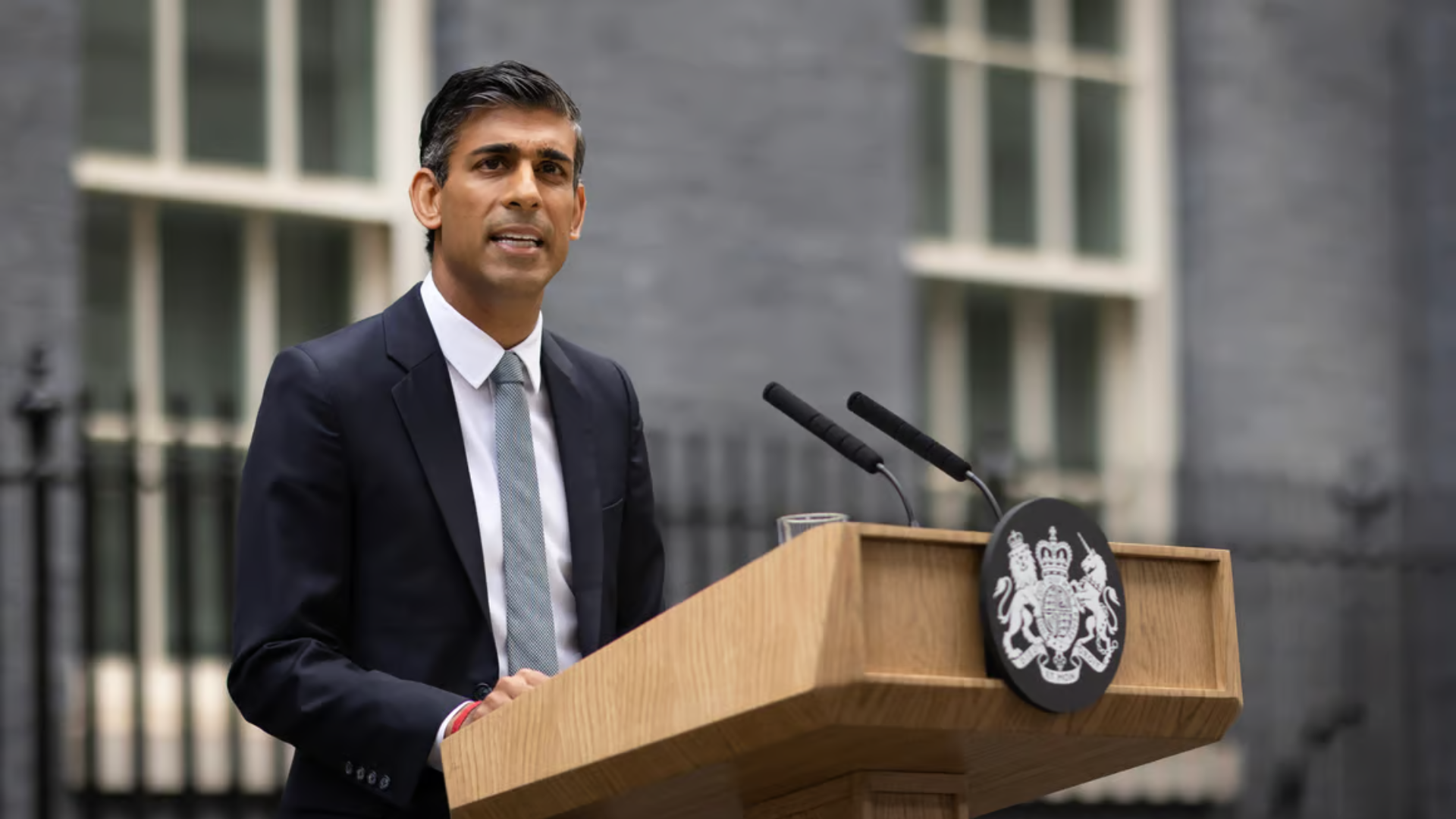
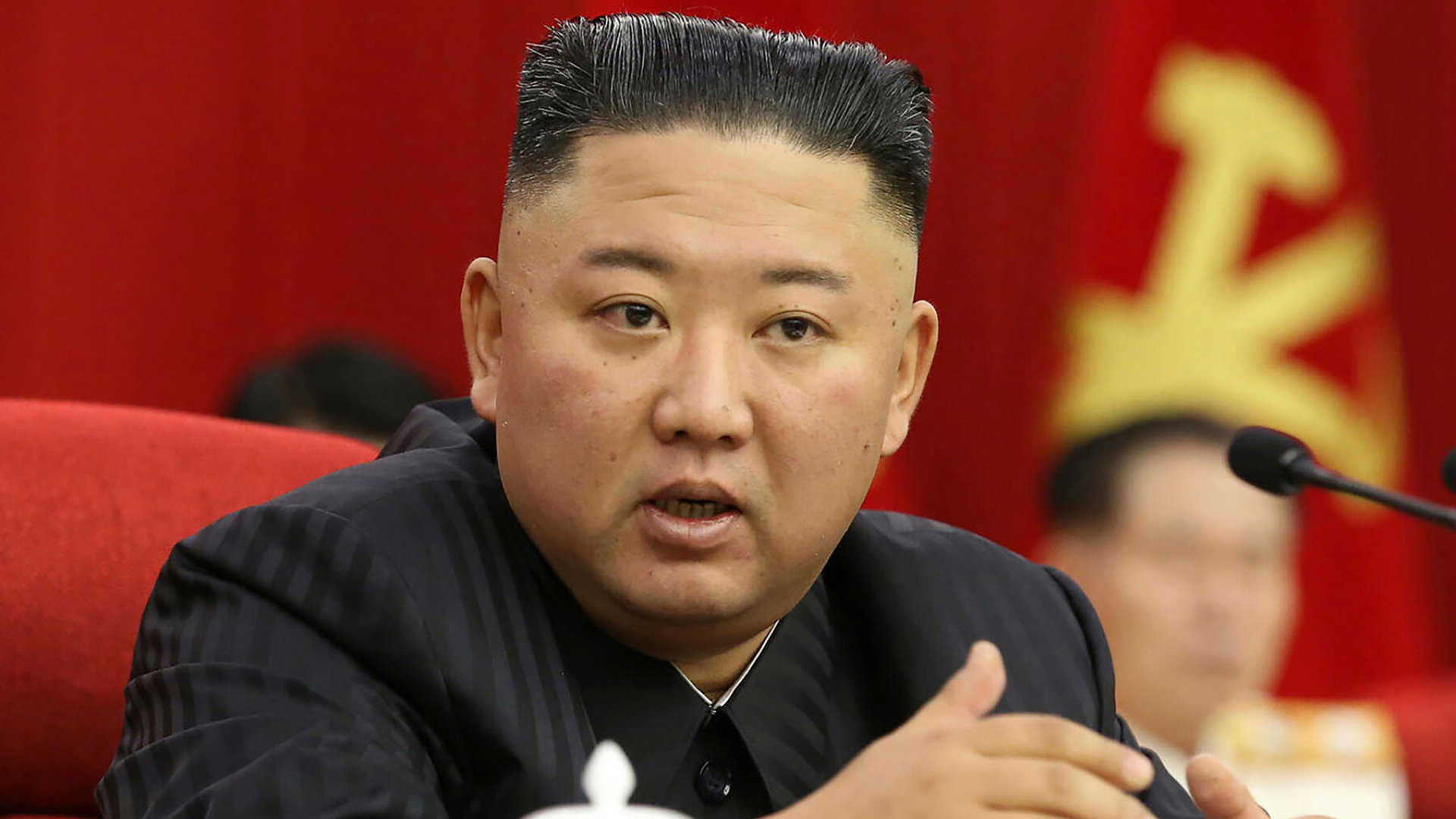
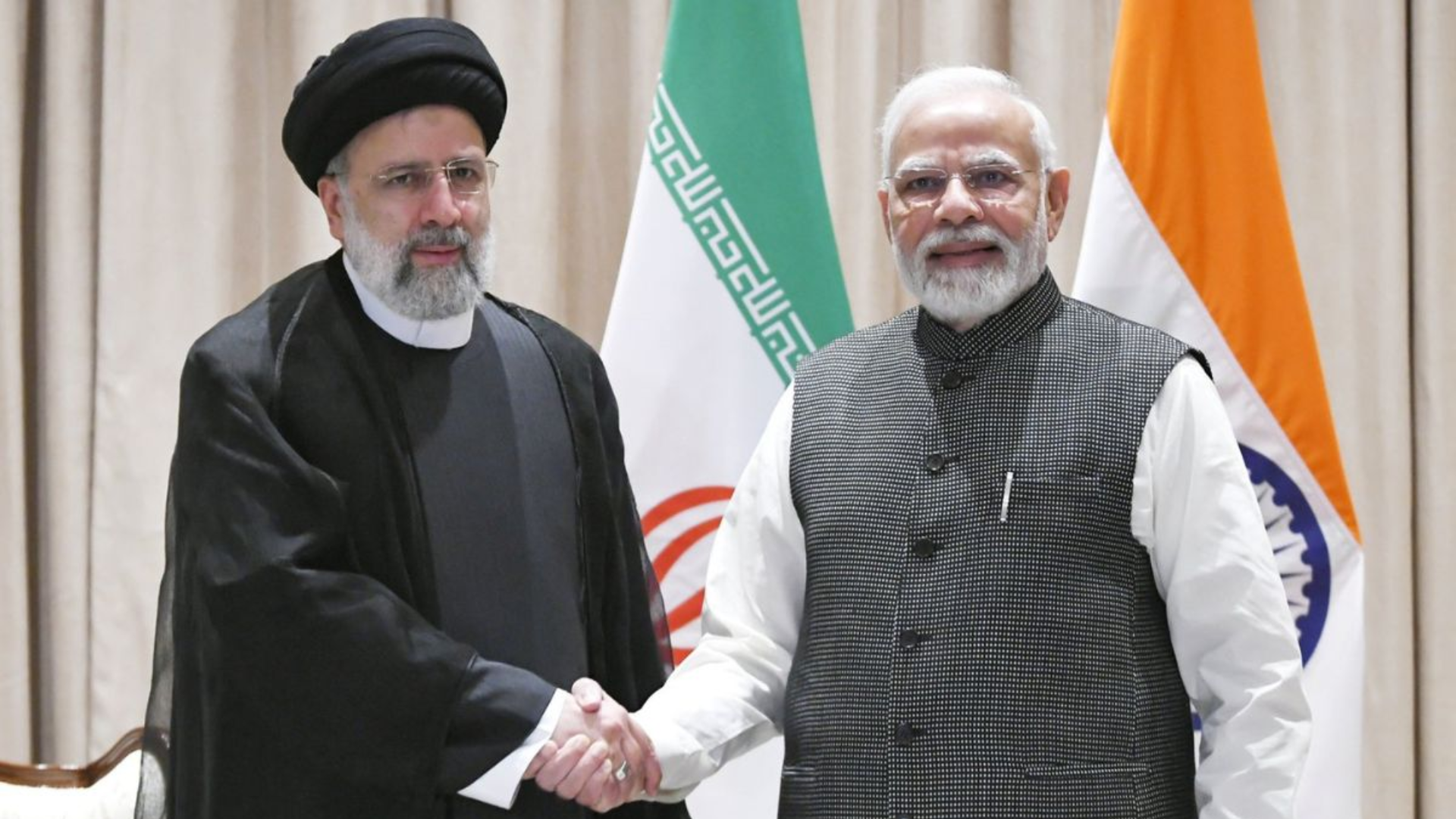

Mikhail Gorbachev, who ended the Cold War without bloodshed but failed to prevent the Soviet Union from collapsing, died on Tuesday at the age of 91, according to hospital authorities in Moscow.
Gorbachev, the last Soviet president, secured arms reduction deals with the United States and alliances with Western nations to lift the Iron Curtain that had separated Europe since World War II and bring Germany back together.
“Mikhail Gorbachev passed away tonight after a serious and protracted disease,” Russia’s Central Clinical Hospital said in a statement.
He was one of the most significant personalities of his time and his reforms as Soviet leader revolutionized his country and allowed Eastern Europe to be free from Soviet authority.
He has spent much of the last two decades on the political periphery, sporadically appealing to the Kremlin and the White House to restore relations when tensions reached Cold War levels following Russia’s annexation of Crimea in 2014 and the commencement of an offensive in Ukraine earlier this year.
His relationship with Russian President Vladimir Putin was tense at times, but the Russian leader expressed his “deep sympathies” after Gorbachev’s death.
Gorbachev was born into farming family in southern Russia. He rose through the ranks of the Communist Party to become general secretary in 1985.
Gorbachev won the Nobel Peace Prize in 1990 for his role in ending the Cold War, but many in Russia attribute him to the collapse of the Soviet Union and the social and economic crisis that engulfed the country in the early 1990s. .
Also, he was championed in the West for pioneering reforms to achieve clarity and greater public discussion, which had accelerated the breakup of the Soviet Empire.

